Project Summary
Countries: Indonesia
Delivery Partner: Royal Botanic Garden Edinburgh
Project Partners: Research Center for Ecology and Ethnobiology (BRIN), Institut Pertanian Bogor, Department of Forest Management, Plan Vivo Foundation, Yayasan Tumbuhan Asli Nusantara,The University of Aberdeen Alliance Bioversity International
Principal Investigator: Dr Mark Hughes, Taxonomy Research Leader (Southeast Asia), Royal Botanic Garden, Edinburgh
Contact: mhughes@rbge.org.uk

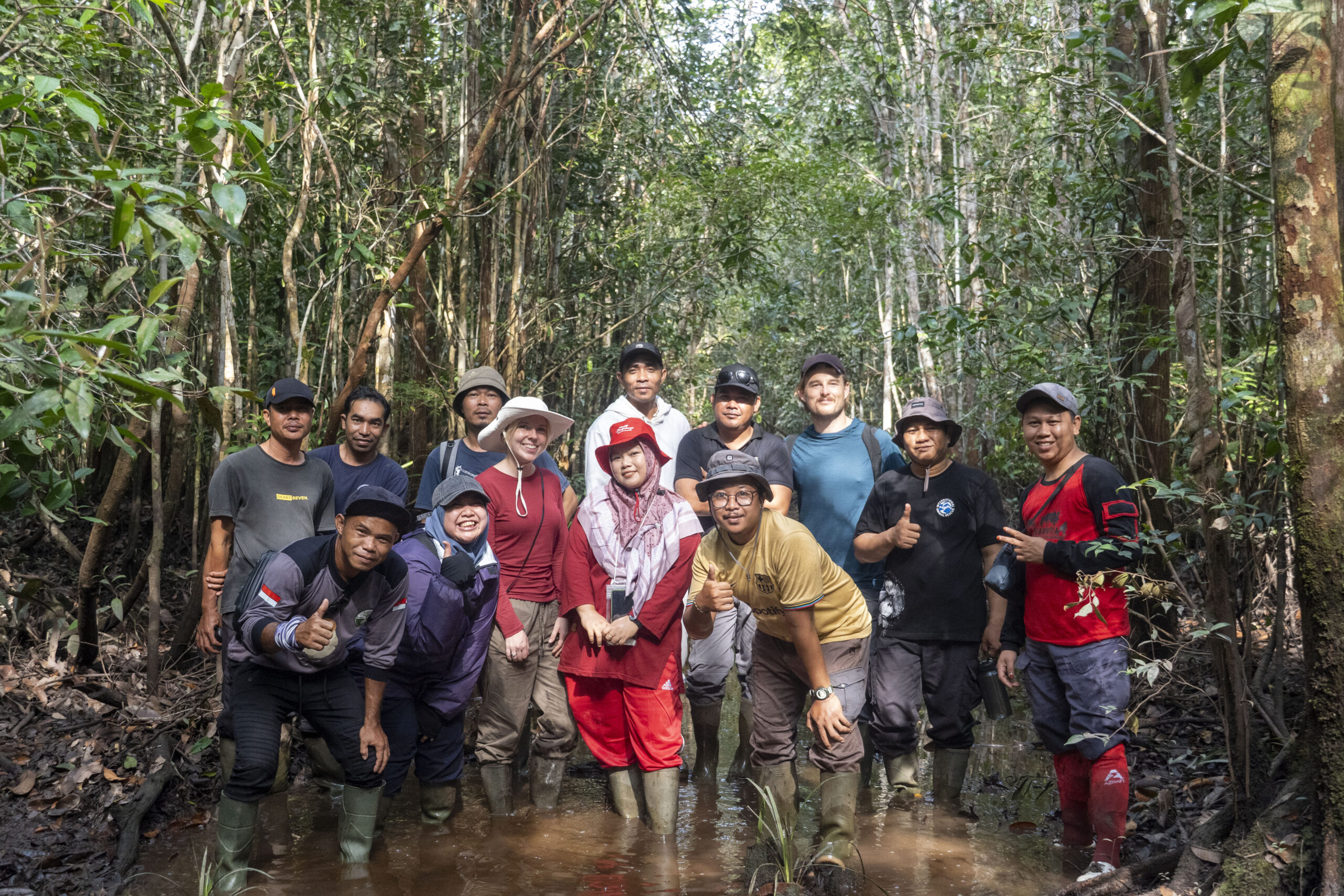
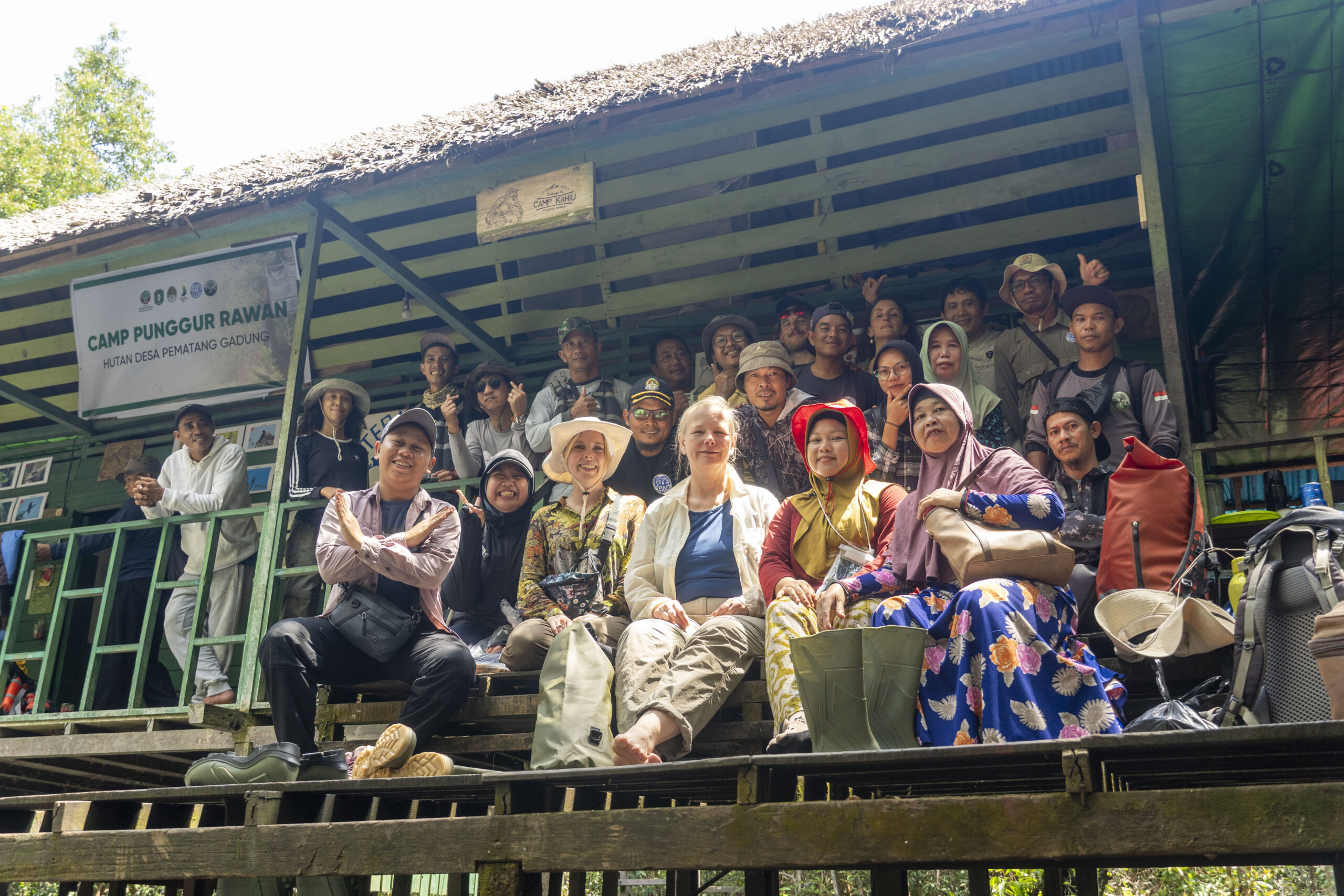
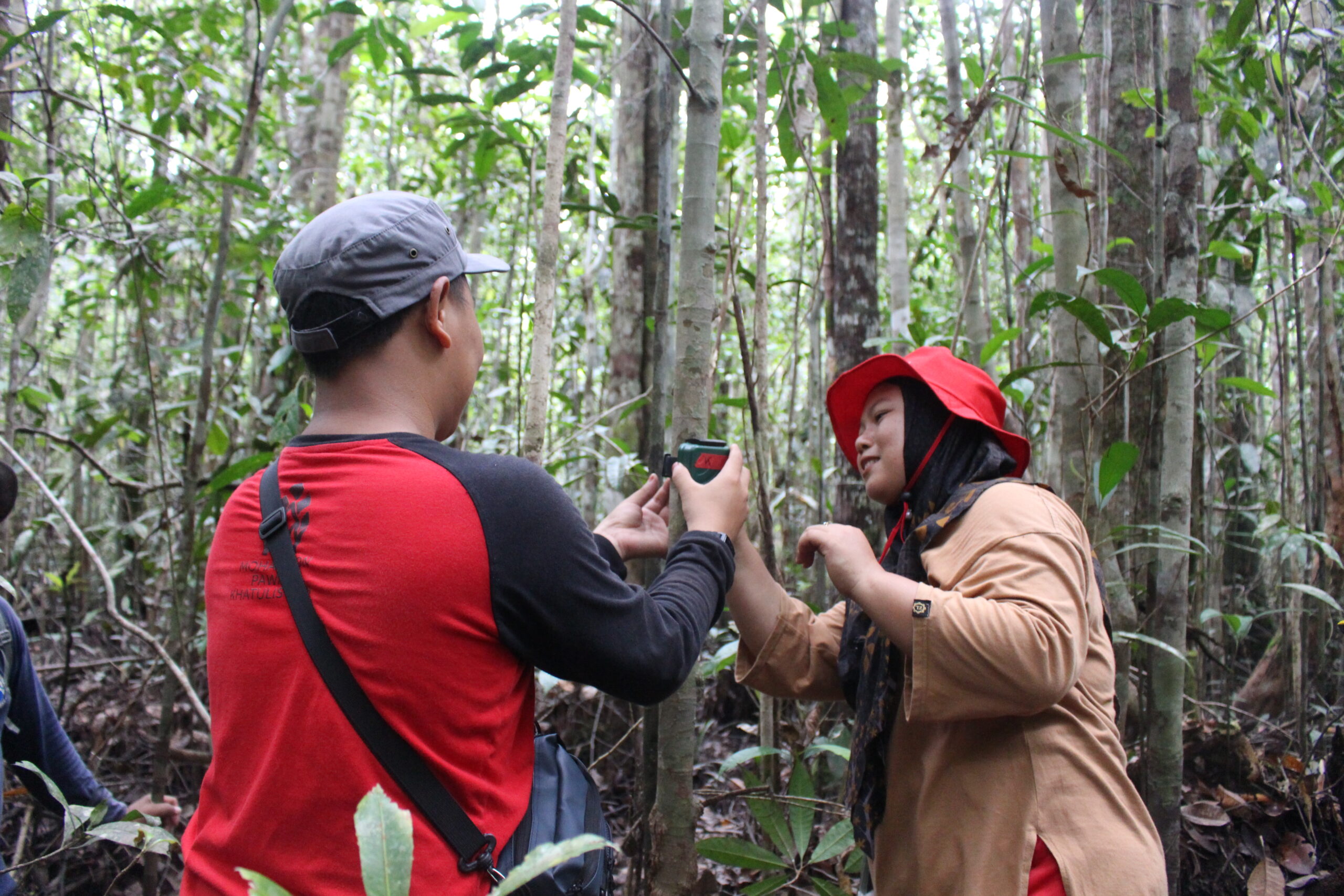
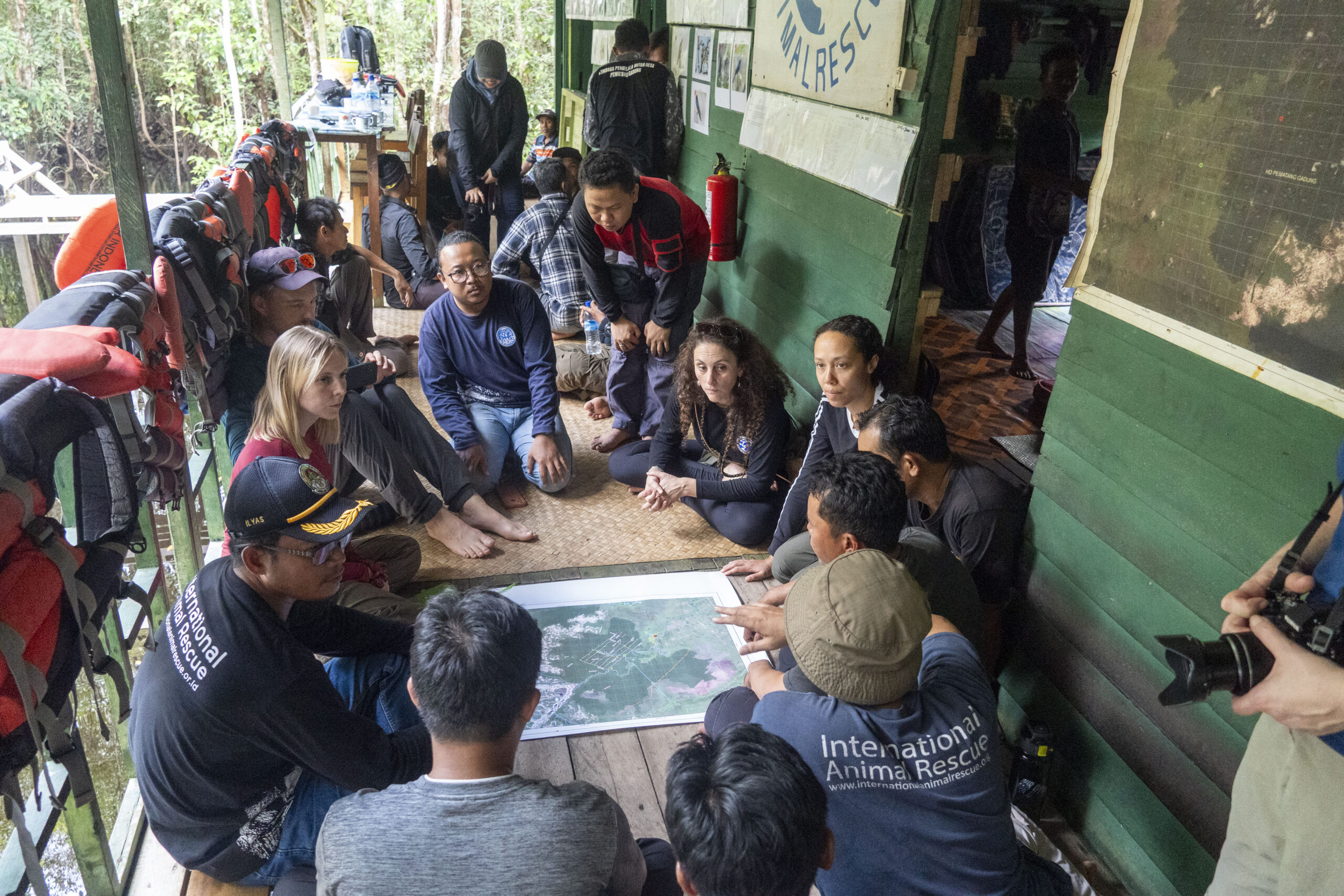
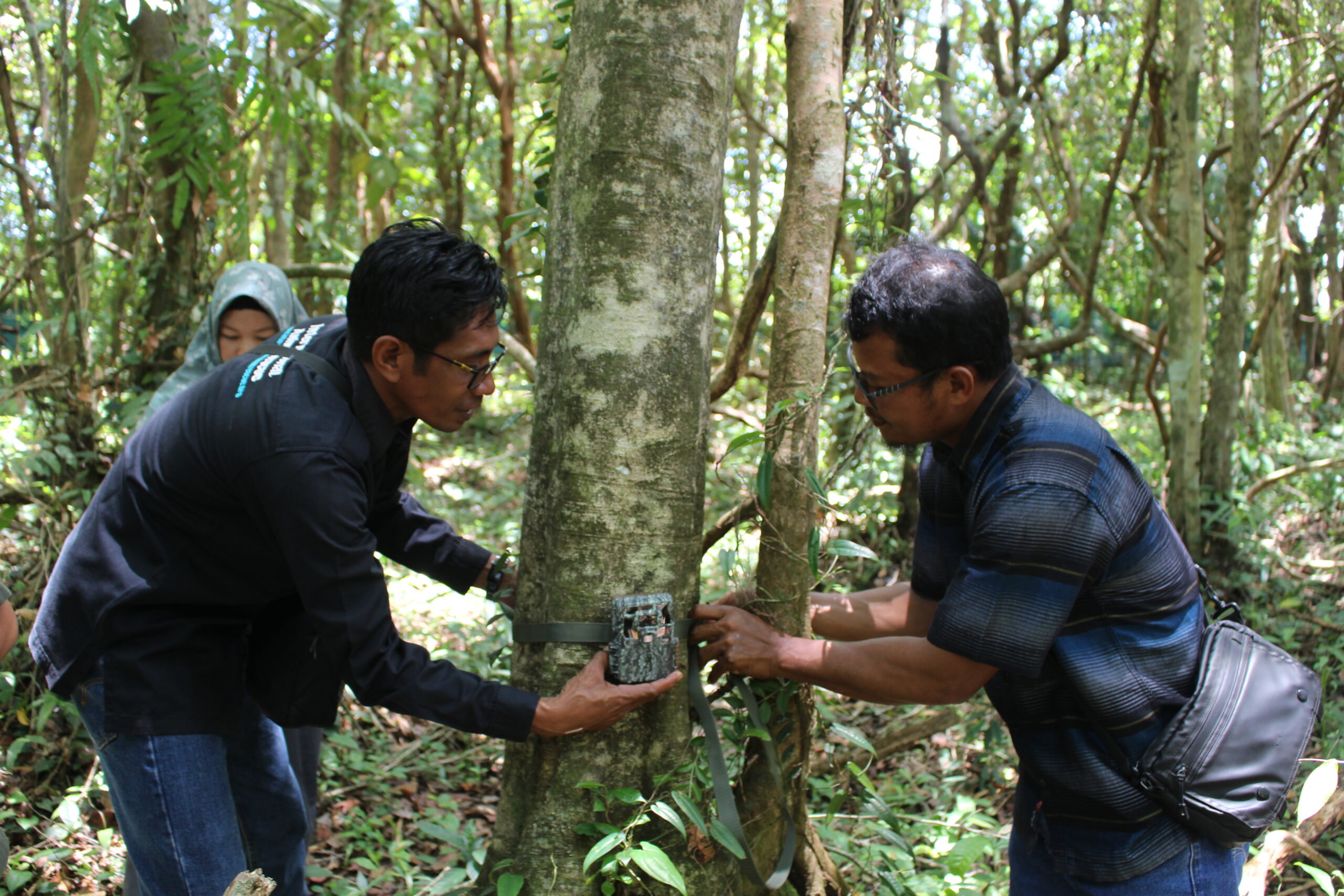
The BREL project aims to enhance forest restoration in Kalimantan by increasing the use of under-utilised tree species through innovative research, stakeholder engagement, and digital planning and monitoring tools, enhancing biodiversity, climate resilience, and community livelihoods.
Challenge
Species choices in existing restoration efforts have not been systematically documented and compared to the known native species diversity to assess gaps, and understanding of the current and potential species’ functional traits and resilience under future climates remains unknown. There is also a lack of knowledge on how under-utilised species can promote sustainable livelihoods as part of restoration activity through facilitating access to species with trade and utility value. This hampers further development of a bespoke and diverse species pool for use in Kalimantan lowland forests. There is introduced legislation to support the production and use of quality planting material in forest restoration, but implementation remains focused on a limited number of tree species.
Insight
- Publish a policy brief identifying key gaps in tree diversity (species, functional, economic) used in restoration and agroforestry when compared to the native tree flora, and analysing their impact on productivity and resilience in Kalimantan.
- Create new knowledge of species-site matching for diverse landscape contexts and land use objectives in a changing climate, released in the Diversity for Restoration tool with bespoke content for Kalimantan.
- Release the MyFarmTree app for Kalimantan to address bottlenecks in incorporating under-utilized species into seed and seedling supply chains and streamline the adoption of innovations in germplasm supply.
- Validate rapid/remote surveys for plant biodiversity metrics, to achieve efficient plant biodiversity monitoring methodology and demonstrate route to full Biodiversity Credit Certification for a selected site as a pilot.
- Disseminate decision support tools and new knowledge resources to enhance plant biodiversity in restoration efforts across Kalimantan, and link to existing seed supply chain infrastructure.
- Create new partnerships and joint infrastructure established for long-term enhancement and monitoring of plant biodiversity in restoration and associated livelihood benefits.
Collaboration
The BREL project team brings together a blend of applied research and community-based expertise to enhance forest restoration in Kalimantan. Led by the Royal Botanic Garden Edinburgh, the consortium includes the Indonesian institutions BRIN, IPB, and YTAN, alongside international partners Bioversity International, UKCEH, the University of Aberdeen, and Plan Vivo Foundation. Their combined strengths span taxonomy, forest ecology, climate modelling, germplasm supply, biodiversity monitoring, and socio-economic development. Together, these partnerships form a robust foundation for scalable, inclusive, and climate-resilient forest restoration.
Conservation can only succeed when the local context is understood and incorporated – our aim is to enable enhanced species choices in restoration projects which benefit both communities and biodiversity.
Discover More
Dr Hughes is Taxonomy Research Leader at the Royal Botanic Garden Edinburgh, with over 20 years research experience. His research focuses on better understanding the globally important plant diversity of the region and the threats it is facing, and using this knowledge to support meaningful and sustainable conservation action, with a particular focus on economically and ecologically important plants.
Header photograph (detail): Shahibul Anwar


